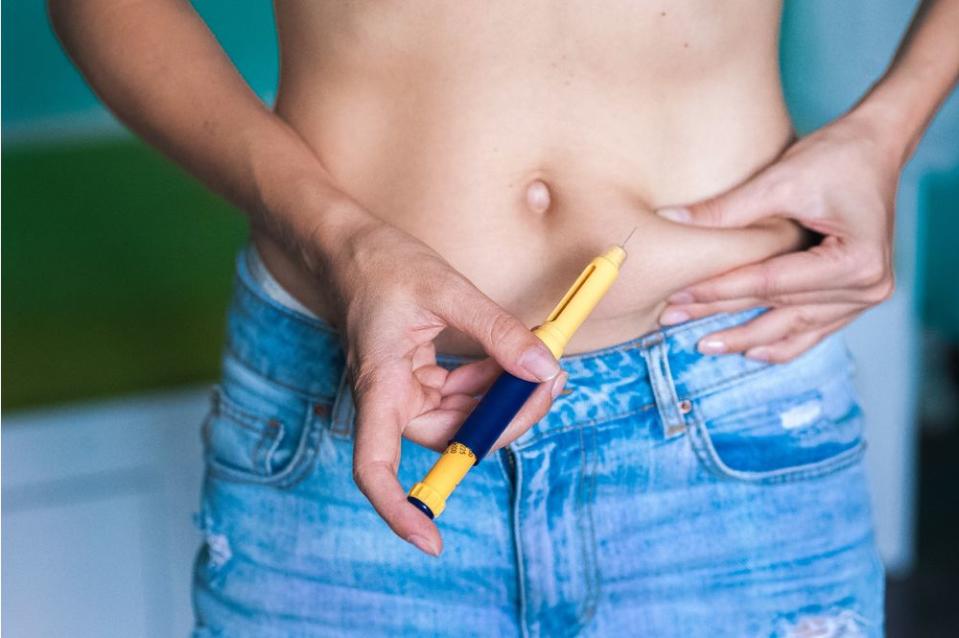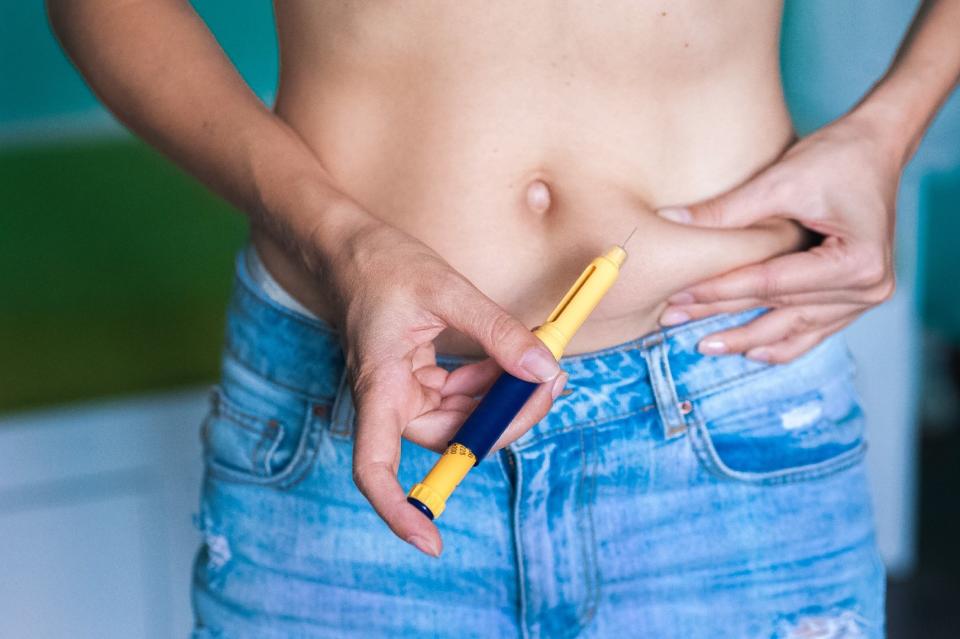Egg Donation: What Donors and Recipients Need to Know

The benefits of egg donation are widespread. For the recipient, a donated egg can boost fertility treatments. For the donor, it’s a chance to make extra money while helping someone in need. Here’s your complete guide to the egg donation process, including the risks, requirements, and expected costs.
Using a Donated Egg
One in eight couples struggle with infertility, or the inability to get pregnant after one year of trying (or six months of trying if the woman is over 35 years old). Many infertile couples turn to fertility treatments like in vitro fertilization (IVF) to have a child. IVF involves mixing an egg with sperm in a petri dish, then inserting the embryo into the intended mother’s uterus. While a woman often uses her own eggs for IVF, a donor egg is sometimes needed. “The most common reason is the couple or individual has tried multiple IVF cycles with little success,” says Jessica Tran, donor egg coordinator at New Hope Fertility in New York City.
RELATED: What is Infertility?
According to Erin Reynoso RN, BSN, and case manager at Egg Donor America in Annandale, Virginia, other reasons to use a donated egg include:
Advanced maternal age, since egg quantity and quality dwindles as age progresses
Early or premature menopause
Removal of ovaries due to cancer or infections
The presence of a severe genetic disorder that could be passed along to children
Same sex male partners or single males wanting a child
Becoming an Egg Donor
Women donate eggs for a variety of purposes. “One reason an egg donor will donate is because she has witnessed a family member or friend struggle with infertility,” says Tran. “They're open to the opportunity to help someone else that is struggling, even if they don't know who that person is.” She adds that other donors decide they don't want children, but they wish to give back in another way. Finally, an egg donor may be enticed by the compensation received from contributing to the egg donation process.
RELATED: What is Embryo Adoption?
The Egg Donation Process
Application: If working through an agency, an intended donor will usually fill out an online application. Reynoso says the form at Egg Donor America includes “information about the woman, like academic and personal goals, hobbies/interests, why they want to donate, their health history, their family health history, and pictures.” Then selected donors will partake in an initial medical screening. Usually about 1-3% of applicants are approved for the egg donation process, though statistics vary between agencies.
Matching with Recipient: An approved donor’s profile will be posted in an online database of egg donors. “When potential parents find a donor that interests them, they contact their case manager, who then reaches out to the donor to check her availability and requested compensation,” explains Reynoso.
Preparing for Retrieval: Once the match becomes official, the donor will go to the intended parent’s fertility center. “This includes a meeting with the physician and IVF coordinator, a complete physical, blood work, genetic screening, and a vaginal ultrasound,” says Reynoso. The donor will be monitored during the few weeks before egg retrieval. During this time, she’ll take fertility-boosting injections for 10-14 days.
Retrieving the Eggs: Doctors will collect eggs from the donor’s ovary using a narrow needle, suction device, and ultrasound imaging.
RELATED: What is IVF?
Intended parents will pay all medical and travel expenses for the donor and her companion. The donor and intended parents may also remain anonymous throughout the process, says Reynoso.
Note that you don’t need to use an agency for egg donation. Instead, you could work with a donor service at a fertility clinic. You could also donate eggs to a friend or relative. Finally, an egg donor could freeze her eggs instead of matching with a recipient, although this isn’t as common.
Requirements to Donate Eggs
Not every woman can donate her eggs, and each program has different requirements. To give an example, Reynoso lists the requirements at Egg Donor America. Their donors must:
Be between the ages of 21-31
Be psychologically healthy
Have a BMI of 19-29
Not smoke
Have regular monthly periods
Not use contraceptive implants or Depo-Provera as their form of birth control
Have both ovaries
Have no history of substance abuse
Have no family history of inheritable genetic disorders
Be willing to give themselves injections
Be dependable, mature, and able to keep appointments
In comparison, Tran says the standards at New Hope Fertility Center are a little more lenient. “We keep it simple with the requirement of a healthy BMI (18.5 - 24.9) and an age of 18 - 28,” she says. “When the egg donor completes their application and is scheduled to come to New Hope for their screening appointment, we access their medical history.”
RELATED: I Used an Egg Donor
What Are Egg Donation Risks?
Egg donors have very minimal risk. However, ovarian hyperstimulation syndrome (OHSS) can occur whenever you’re taking fertility drugs, says Reynoso. OHSS causes your ovaries to swell, potentially leading to abdominal pain, shortness of breath, rapid weight gain, nausea, and diarrhea. It can rarely lead to complications like blood clots, kidney failure, and death. Reynoso adds there’s no risk for an intended parent to use donor eggs.
Egg Donation Costs
Using a donor egg isn’t cheap. Reynoso gives a breakdown of estimated egg donation costs for intended parents when working with an agency:
Agency fee = $6,900
Egg donor compensation = usually $5,000 to $10,000
Legal coordination = $600
Egg donor attorney fee = $500
Donor psychological evaluation = $450
Egg donor insurance = $300
Escrow account management fee = $350+
Travel expenses during screening and egg retrieval = dependent on location and accommodations
If the intended parents undergo IVF after receiving a donor egg, they also need to pay several thousand for the embryo transfer. Freezing the eggs also comes at a premium. The exact cost for everything varies based on fertility center, location, and other factors.
How Much Do You Get Paid to Donate Eggs?
In return for her service, the donor usually receives a compensation of $5,000 - $10,000 – but this also varies between programs. For example, New Hope Fertility offers a range of egg donor packages with compensation ranging between $8,000 - $10,000, explains Tran.


